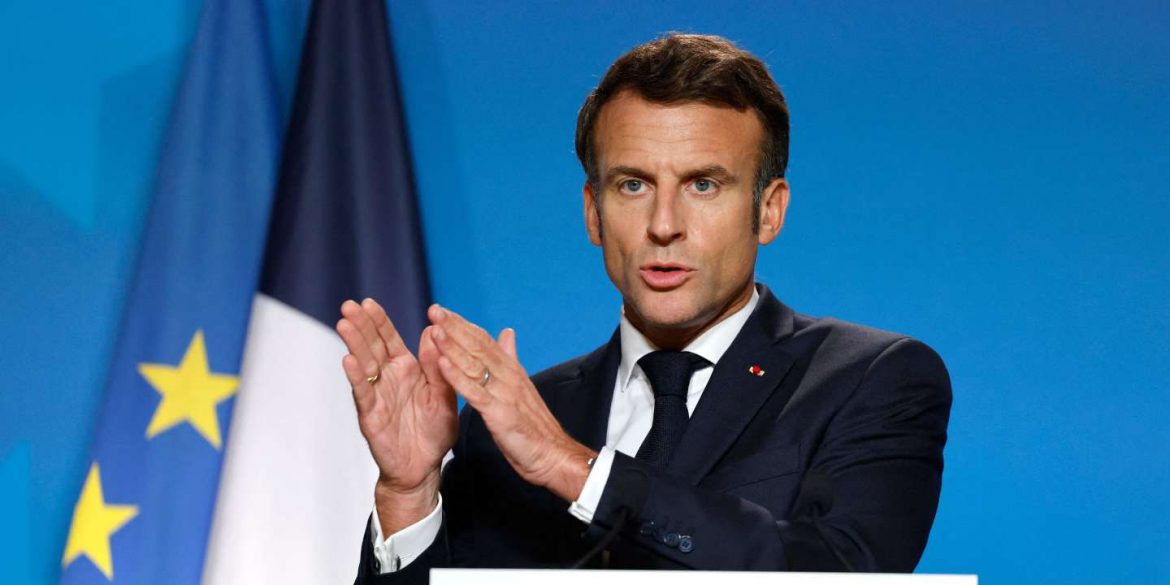Latest reports show that France has emerged as the latest country to pull out of the controversial energy charter treaty (ECT), which protects fossil fuel investors from policy changes that might threaten their profits.
The energyClimate activists: Only threat of death sentence would stop our protests charter treaty was set up in 1994 to protect western energy firms working in former Soviet countries. It allows investors to sue governments which enact policies that could undermine their expected financial returns.
Speaking after an EU summit in Brussels on Friday, president Emmanuel Macron, said that the country has taken a decision to withdraw from the energy charter treaty.
Macron said that Quitting the ECT was “coherent” with the Paris climate deal.
Read also:
The president’s statement follows a recent vote by the Polish parliament to leave the 52-nation treaty and announcements by Spain and the Netherlands that they too wanted out of the scheme.
An ally of Macron’s in Brussels, the French MEP Pascale Canfin had on Friday said that the country needs to exit the energy charter treaty because it ends up being sued by multinational companies through private tribunals which prevent us from carrying out our climate policies.
Recall that the European Commission had proposed a “modernisation” of the agreement, which would end the writ of the treaty’s secret investor-state courts between EU members. The plan is expected to be discussed at a meeting in Mongolia next month.
Reacting, a French government official said that Paris would not try to block the modernisation blueprint within the EU or at the meeting in Mongolia. But France is leaving, regardless of what happens.
The official explained that while France was “willing to coordinate a withdrawal with others, “we don’t see that there is a critical mass ready to engage with that in the EU bloc as a whole”.
The French withdrawal is expected to take about a year to be completed, and in that time, discussion in Paris will likely move on to ways of neutralising or reducing the duration of a “sunset clause” in the ECT that allows retrospective lawsuits.
Story was adapted from the Guardian.
